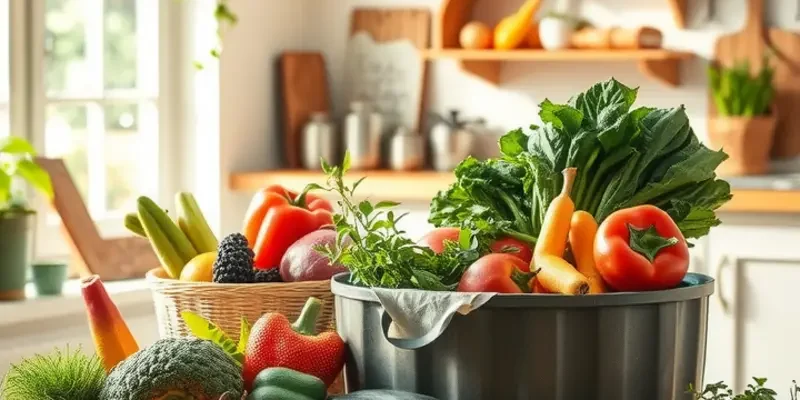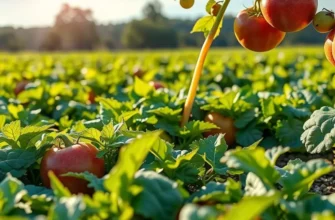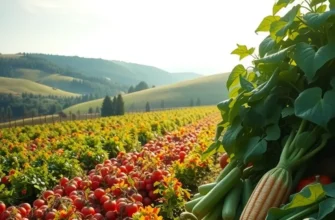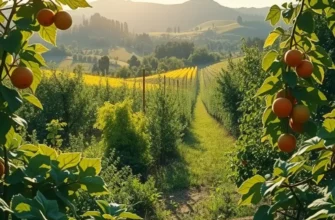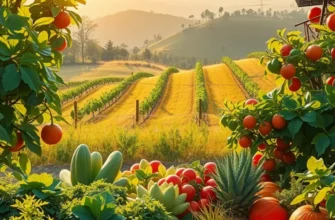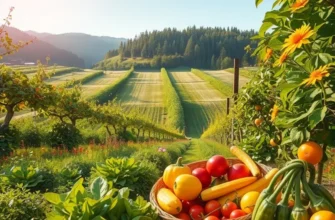Composting kitchen scraps is an excellent solution for minimizing waste while enriching your garden. Whether you’re an experienced gardener or just starting out, learning how to compost effectively can enhance your food management practices at home. By utilizing organic waste, you create nutrient-rich soil that benefits your plants and reduces environmental impact. This guide offers straightforward and actionable tips to help you start composting kitchen scraps easily and effectively.
The Essentials of Kitchen Scrap Management
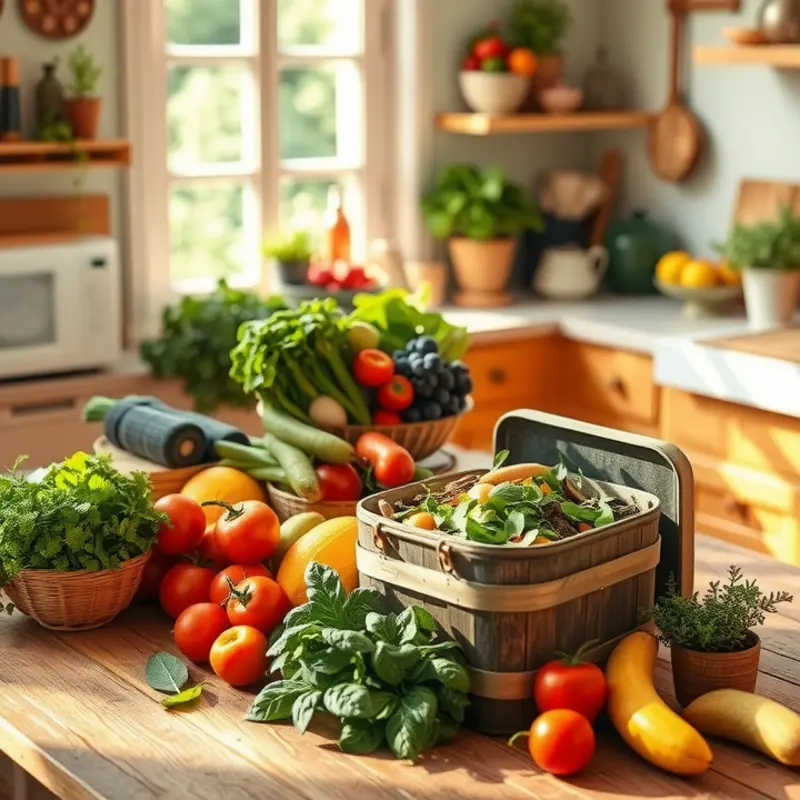
Understanding kitchen scraps as a composting resource not only benefits the environment but also enriches your garden soil. Maximizing the utility of what some consider waste requires a simple but effective management strategy. Begin by identifying compostable materials. Most fruit and vegetable peels, coffee grounds, eggshells, and tea bags are perfect candidates. Avoid composting meat scraps, dairy, and fatty or oily foods, as these can attract pests and produce unpleasant odors.
When it comes to handling kitchen scraps, safety is paramount. Use a dedicated bin with a secure lid to collect your scraps. Position it in an easily accessible location, perhaps under the sink or on the counter, to encourage consistent use. Regularly empty the bin into an outdoor compost pile or bin to prevent overflow and potential pest infestations.
Preventing odors is another essential aspect of effective scrap management. Sprinkle a bit of baking soda at the bottom of your collection bin to absorb smells. Alternatively, adding a layer of shredded newspaper or brown paper bags can work wonders in soaking up excess moisture and controlling odor.
For those interested in a more compact and pest-resistant method, consider vermicomposting. This involves using a worm bin to break down scraps quickly and efficiently. Worms thrive on fruit peels and vegetable scraps, producing rich compost known as vermicast.
In addition to environmental benefits, composting aligns with a broader sustainable living goal. To integrate composting into your routine, consider the eco-smart kitchen storage practices that complement your composting efforts. These methods help minimize waste and maximize the potential of everything you buy.
By adopting these practices, composting becomes a seamless part of daily life, aligning with both ecological responsibility and convenience. By strategically managing your kitchen scraps, you can transform what is often discarded into a beneficial resource for your home and garden.
Turning Scraps into Gold: Composting Techniques
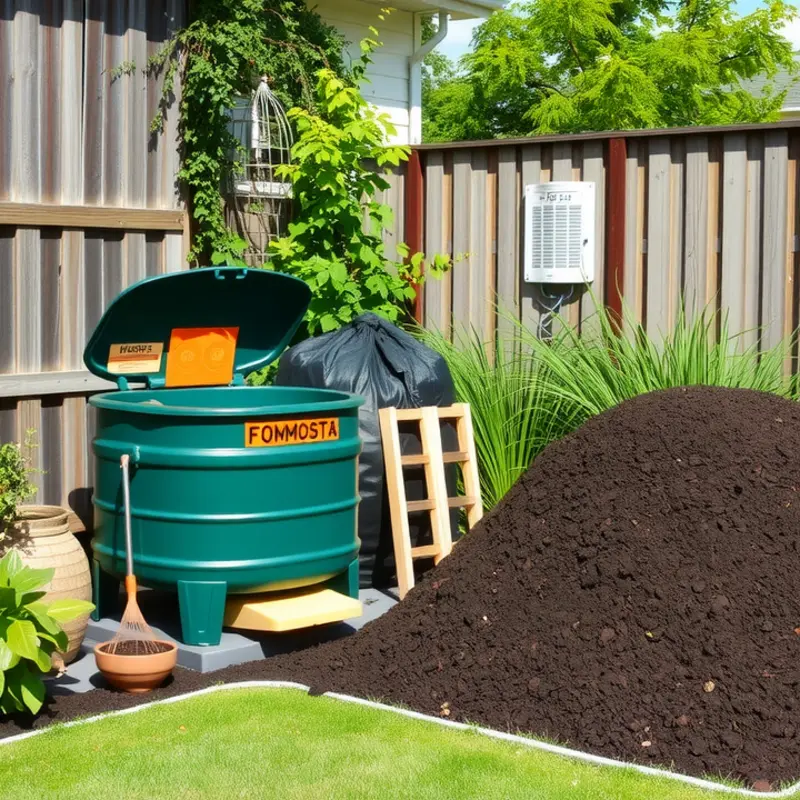
Composting can transform everyday kitchen scraps into valuable, nutrient-rich soil for your garden. By choosing the right method, you can maintain a clean and efficient composting system at home.
Bin Composting
For those with a bit of outdoor space, a traditional compost bin is a simple solution for turning scraps into soil. It’s essential to select a bin with proper ventilation to aid in the composting process. The key to successful bin composting is in layering and balance. Alternate layers of ‘greens’ such as fruit and vegetable peels with ‘browns’ like dried leaves or shredded paper. Ensure there’s enough moisture, akin to a damp sponge, and regularly turn the pile to aerate it. This method suits those who occasionally cook at home and have a moderate amount of waste.
Worm Bin Composting
Ideal for people with limited space, worm bin composting or vermicomposting, can be done indoors or outdoors. Worms, notably red wigglers, are the star performers, breaking down organic material quickly. The setup involves a bin with bedding material like shredded cardboard and a starter batch of worms. Feed them small quantities of food waste such as vegetable scraps and coffee grounds. Avoid meat and dairy to prevent odor. This approach is great for apartment dwellers or those who want a compact solution. Worm bins require less turning, but maintaining the right temperature and moisture level is crucial for the worms’ health.
Tumbler Composting
If convenience is your priority, then a compost tumbler might be your answer. These closed systems are mounted on a stand that allows you to rotate the contents easily. Tumblers offer a quick composting cycle, often producing usable compost in just a few weeks. They’re excellent for those with busy schedules who still want to compost efficiently. Make sure to balance greens and browns and keep an eye on moisture. The rotating action helps aerate the compost, reducing the need for manual turning.
Selecting the best composting method depends on your space, lifestyle, and the amount of food waste you generate. Consider how much time you can dedicate to compost maintenance and the physical space available. Detailed strategies on sustainable storage solutions might complement your composting efforts by further reducing waste at its source.
Regardless of your choice, regular maintenance is vital. Monitor moisture levels, which helps the breakdown process and prevents odors. Turning or rotating your compost ensures proper aeration, speeding up decomposition. Keeping a diverse mix of materials prevents issues with pests. With these practices in mind, anyone can successfully turn kitchen leftovers into garden gold with minimal hassle and maximum impact.
Final words
Composting kitchen scraps is a simple yet impactful way to contribute to the environment and improve your home’s sustainability. By efficiently managing your food waste, you reduce landfill contributions while creating nutrient-rich soil for your plants. Implement the strategies outlined in this guide, from effective storage solutions to various composting techniques, and you’ll find that composting seamlessly integrates into your daily routine. Remember, every small step counts towards making a difference; embrace composting as part of your food management practices.

